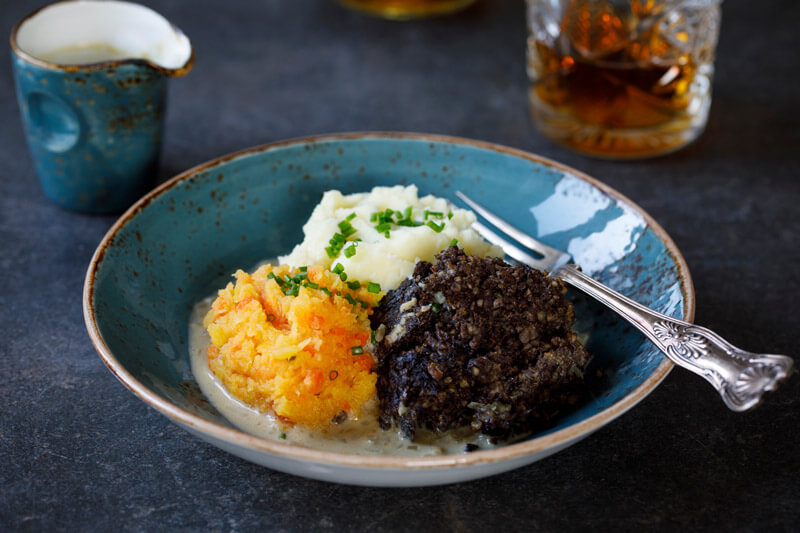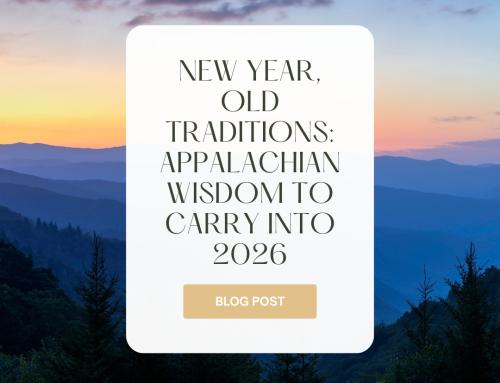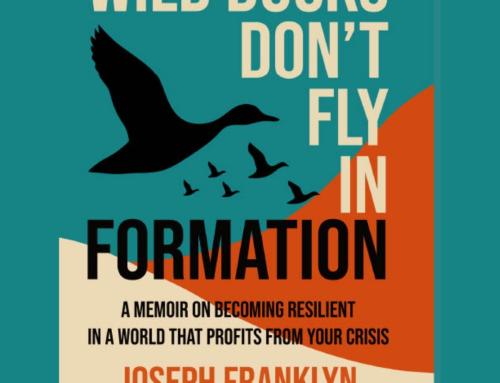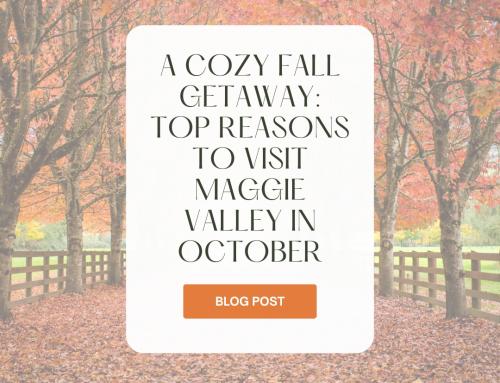For the last couple of years, the Meadowlark Motel has honored our Scots-Irish heritage with a traditional Burns Night Supper. This year’s original plans (which were also going to include 4 days of Scottish inspired fun and learning) have unfortunately been derailed. Due to the latest COVID surge, we feel that it is in the best interests of our customers, neighbors, and staff to cancel the in-person January 25th Robert Burns Birthday Dinner and Celebration, as well as the live programs scheduled prior to the main event.
However, we do plan to move forward with celebrating virtually! Typically, a Burns Night Supper has lots of dancing, singing, eating, drinking, speechifying, storytelling…and noise! The virtual version will be a bit different, but our host – and Scottish artist in residence – Mike Ogletree will present the key elements of the Supper schedule through Burns’s songs and poetry, plus anecdotes about the poet’s life along with storytelling and music.
Dressed in traditional Scottish dress, he will recite a poem that introduces the Haggis meal. In addition, he will be announcing the release of a new version of Burns’s Auld Lang Syne and tell the story of the song’s origin with a live performance.
If you’re interested in attending, visit our events page here and sign up! In the meantime, keep reading for a bit of history about Robert Burns and the reason we celebrate his legacy and Scottish heritage here in Western North Carolina.
Scots-Irish Heritage in North Carolina’s Smoky Mountains
The Western North Carolina Smoky Mountains has one of the highest percentages of Scottish populations in the entire country, and this can be traced all the way back to the early 17th century. When the Scots-Irish came to the New World and settled in the area, they created deep roots that would go on to shape much of the distinctive local heritage and traditions. They lived in small and relatively isolated communities across Southern Appalachia, which allowed them to preserve many of the customs that they brought with them. Their profound influence seeped into every way of life from agricultural practices and moonshine to music and storytelling.
This proud heritage is celebrated with festivals and events in the Smokies all throughout the year, but something very special happens around January 25th. Scottish descendants everywhere don their kilts and play the bagpipes in honor of Scotland’s own National Bard, Robert Burns.
Who Was Robert Burns?
Storytelling is one of the greatest contributions that Scottish immigrants made to the Smoky Mountains, and Robert Burns (born January 25, 1759 – died July 21, 1796) is arguably the best Scottish storyteller of them all. As the national poet of Scotland, he is one of the most widely read Scottish poets both in Scotland and around the world.
He was a farmer, though not a very productive one. And while his crops may not have been successful, the seeds sown by his poems and songs preserved the Gaelic language and showcased the everyday beauty and life of the common people. His collection of poems about ordinary characters were written in the Broad Scots dialect, and many were set to old pub ballads. Burns would travel from village to village, telling stories through music and poetry in meeting halls, salons, and pubs all across Scotland.
Now, over two hundred years later, people all over the world celebrate his wit and creativity in festive Burns Night celebrations that honor his genius.
The Traditions of a Burns Night Supper
Whether it’s a small group raising a glass in a pub or a large and formal celebration (or a virtual party), a Burns Supper is held on or near the poet’s birthday each year on January 25, commonly known as Burns Night. The poet’s life and famous verses are celebrated with Scottish food and whisky and a few traditional practices, like the calling of the clans and the singing of perhaps his most well-known poem, Auld Lang Syne.
The meal commences with the recitation of the Selkirk Grace to bless the food:
The Selkirk Grace
Some hae meat but cannae eat.
Some hae nane but want it:
But we hae meat and we can eat,
So let the Lord be thankit.
Then there’s the ode to the haggis, when the main speaker recites the poem before the theatrical cutting of the haggis with the ceremonial knife. The last words the dish will hear before it’s eaten are typically accompanied by animated gestures to give a hint to those who are not familiar with the Broad Scots dialect and are followed by the guests toasting the haggis with whisky.
Address to the Haggis (an excerpt)
Fair fa’ your honest, sonsie face,
Great chieftain o the puddin’-race!
Aboon them a’ ye tak your place,
Painch, tripe, or thairm:
Weel are ye wordy o’ a grace
As lang’s my arm.
The groaning trencher there ye fill,
Your hurdies like a distant hill,
Your pin wad help to mend a mill
In time o need,
While thro your pores the dews distil
Like amber bead.
His knife see rustic Labour dight,
An cut you up wi ready slight,
Trenching your gushing entrails bright,
Like onie ditch;
And then, O what a glorious sight,
Warm-reekin, rich!
In addition to the main course of haggis, neeps, and tatties, a Burns’ night menu typically includes an old Scottish recipe of cock-a-leekie soup, meat pies, and cranachan, a traditional Scottish dessert made with oatmeal, raspberries, whisky, honey, and cream.
The Immortal Memory speech follows and comes in many different forms, ranging from smart and humorous, to literary and historical, but the main point is to praise Burns as a great man and poet and invite everyone to give a toast in his honor.
There’s still time to join us for our virtual Burns Night at the Meadowlark. Sign up here!
In addition, have a listen to the Gateway to the Smokies podcast where owner of the Meadowlark, Joseph McElroy talks with Former Simple Minds band member – and Meadowlark Motel artist in residence – Mike Ogletree as he talks about finding traces of both his Scottish and African music heritage in the Smoky Mountains.








